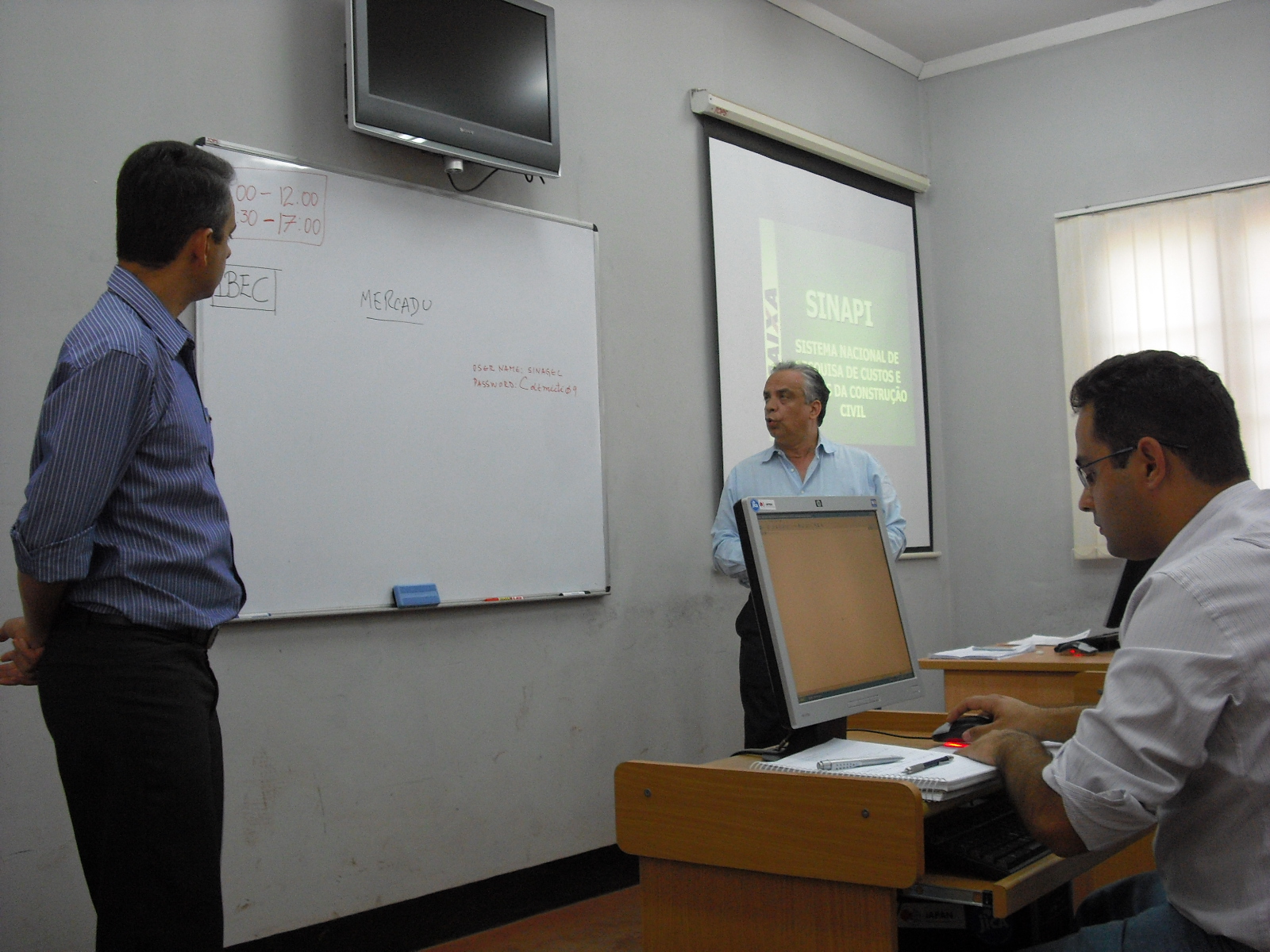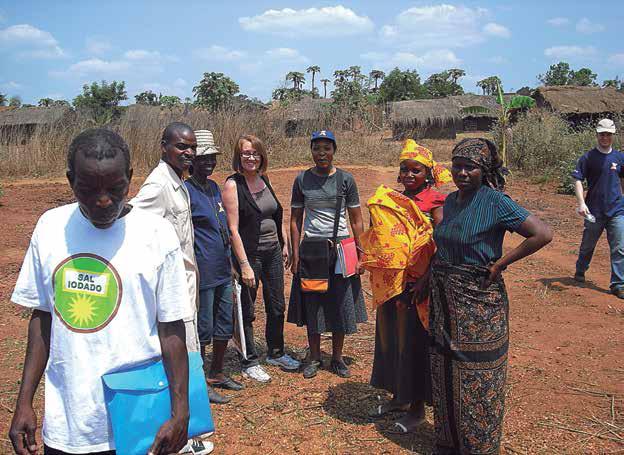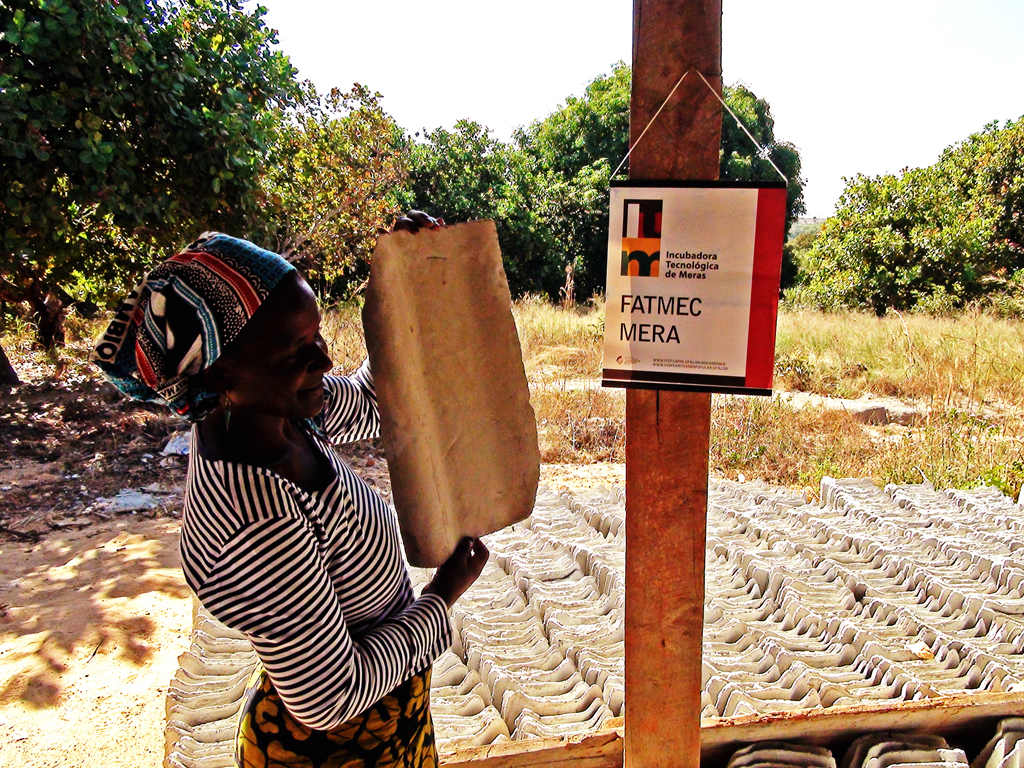 Support to Urban Development in Mozambique
Learning from Brazilian policies, methodologies and practices related to the provision of housing for low-income populations
Support to Urban Development in Mozambique
Learning from Brazilian policies, methodologies and practices related to the provision of housing for low-income populations

Challenges
Towards a Solution
Aimed at reducing Mozambique’s housing deficit, the Support to the Urban Development of Mozambique project was implemented by the Brazilian state-owned bank Caixa Econômica Federal (CAIXA), the University of São Paulo (USP), the State University of Campinas (UNICAMP), the Federal University of Rio de Janeiro (UFRJ), the Federal University of Rio Grande do Sul (UFRGS) and Mozambique’s Ministry of Public Works and Housing, with support from the Brazilian Cooperation Agency (ABC). The project’s technical cooperation activities covered the five areas listed below.
- Formulation of a housing policy directed at low-income populations (the central objective of the initiative).
- Production of low-cost building materials based on locally available raw materials, and the structuring of associative rural microenterprises for this purpose.
- Development of building typologies for social housing.
- Establishment of a national information system on construction costs and indexes.
- Architectural plans for the renovation of a construction industry technology centre.
The project’s South-South activities included sharing knowledge between the two countries through the exchange of professionals from the Mozambican Ministry of Public Works and Housing and CAIXA. Technical visits to Brazil focused on learning about the country’s experiences and main actors involved in the five axes of the project. In turn, visits were made to Mozambique to diagnose local housing demands (urban and rural) and survey the existing material, technological and infrastructural resources related to the provision of social housing, as well as to train technicians and rural communities to ensure the sustainability of the initiative.
The project’s main achievements were:
- Approval in 2011 by the Council of Ministers of a Housing Policy and Strategy for Mozambique, developed with the participation of technicians and communities, through regional workshops and debates in different provinces, as well as a national seminar.
- Transfer of knowledge (through two training sessions and the preparation of manuals) about the production of machines for the manufacturing of soil-cement bricks and plant-fibre tiles (two low-cost materials suitable for the Mozambican reality). This capacity-building component included establishment of an incubator of popular cooperatives to produce adapted building materials in the Technology Centre of Namialo (Nampula Province), whose staff were also trained in management.
- Development of five model projects for low-income housing: three for rural areas, one for urban and suburban areas and one for people with special needs.
- Establishment of partnerships for the creation of a system for monitoring civil construction costs in Mozambique (SINAGEC), an adapted replication of Brazil’s congenerous SINAPI.
- Architectural plans for the renovation and expansion of the Technology Centre of Namialo, which will be focused on research and training in locally appropriate construction technologies (in collaboration with the Engineering Laboratory of Mozambique), seeking to strengthen the province’s rural microenterprises.
This South-South cooperation project was an award winner in the 2013-2014 edition of CAIXA’s Best Practices in Local Management Programme, which recognizes and disseminates successful social development experiences carried out with the financial or technical support of the bank.
Contact Information
Countries involved
Supported by
Implementing Entities
Project Status
Project Period
Primary SDG
Secondary SDGs
Similar Solutions
| NAME OF SOLUTION | Countries | SDG | Project Status | |
|---|---|---|---|---|
A Billion Brains: Smarter Children, Healthier Economies High Level Meeting on South-South Cooperation for Child Rights |
Brazil, Mozambique | 17 - Partnerships for the Goals | Completed | View Details |
Accelerating the Transformational Shift to a Low-Carbon Economy in Mauritius Towards supplying 35 percent of the country’s energy needs with renewables by 2025 |
Brazil, Mozambique | 05 - Gender Equality 09 - Industry, Innovation and Infrastructure 13 - Climate Action | Ongoing | View Details |
Accelerator Labs Network Following collective intelligence methods to address emerging sustainability challenges and the growing demand for local solutions |
Brazil, Mozambique | 08 - Decent Work and Economic Growth 13 - Climate Action | Ongoing | View Details |
Accessible Dictionary Inclusive Dictionary for all |
Brazil, Mozambique | 09 - Industry, Innovation and Infrastructure | Completed | View Details |
ACP Business-friendly Supporting business-friendly and inclusive national and regional policies, and strengthening productive capabilities and value chains |
Brazil, Mozambique | 08 - Decent Work and Economic Growth 17 - Partnerships for the Goals | Ongoing | View Details |


